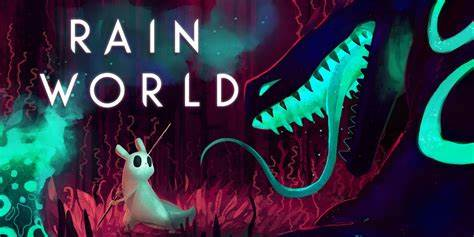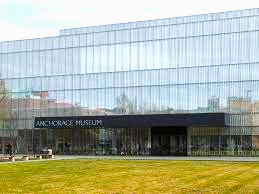Yup’ik Culture Was Almost Lost
Back in the late 1800s and early 1900s, missionaries came into the Yup’ik region of Alaska and thought their language and ways of living was evil so they banned all of it.
The Yup’ik people had to stop talking in their language in schools, communities or anywhere. If they were to speak it, they would be punished.
When students would speak the language, their punishment would vary.
They would either be hit by an object, put in the corner, have something put in their mouth, lean against the wall only using their index fingers or any harsh punishments.
Also, the student had to learn how to speak English, it wasn’t so easy for them not to speak their language.
Students who wanted to continue their education or were chosen to continue school were sent away from their families and wouldn’t be able to go back.
Many believe young people are responsible for passing down traditions.
When they decided to leave, I believe they were letting go of what they came from.
A boarding school is where they would be sent, and the same rules applied there.
Honestly, I think missionaries chose students who didn’t show respect for their culture and believed in what the missionaries thought to be best for them.
One of the cultural practices that was thought to be evil, by the missionaries, was traditional dancing. They thought it was a way to connect with evil spirits.
Traditional dancing is to show a story that made an impact on someone’s life. It can range from sports to a way of living, like hunting, fishing, traveling or gathering food.
A couple of missionaries were starting to believe the Yup’ik cultures wasn’t so evil and they started to convince others to revive the culture.
The culture wasn’t used for about a century, and there was only a few elders alive who remembered their language and some dances.
Elders who remembered the traditions had taught the ones who were young when their traditions were shut down. I think it would be a flashback to them and they would remember it easily.
Lexsa Whilden, a senior at Dimond, said, “I am Siberian Yup’ik and this is very similar to what happened to my culture back then.”
The culture was slowly coming back and teachers decided to make the language a class in school. Traditional dancing was made as a school activity.
Today, there are many villages with dance groups. Every year, in Bethel, people all over Alaska come together to share each other’s culture.
In school, they have speech contests in their language.
I believe making this a part of their education is inspiring. They get to learn about what they come from or what they truly are.
Byron Nicholai from Toksook Bay, Alaska, created a Facebook page, named I Sing. You Dance. with songs he created himself to inspire kids that they can achieve anything.
Overall, I believe the missionaries who thought the Yup’ik culture wasn’t evil should’ve been there when the culture was shut down. But I’m glad the culture is making a comeback.



